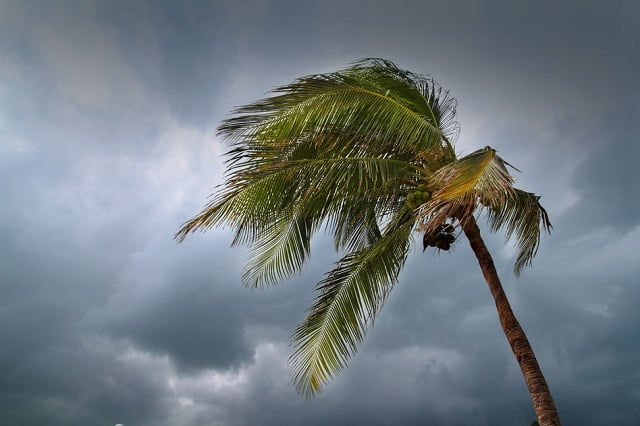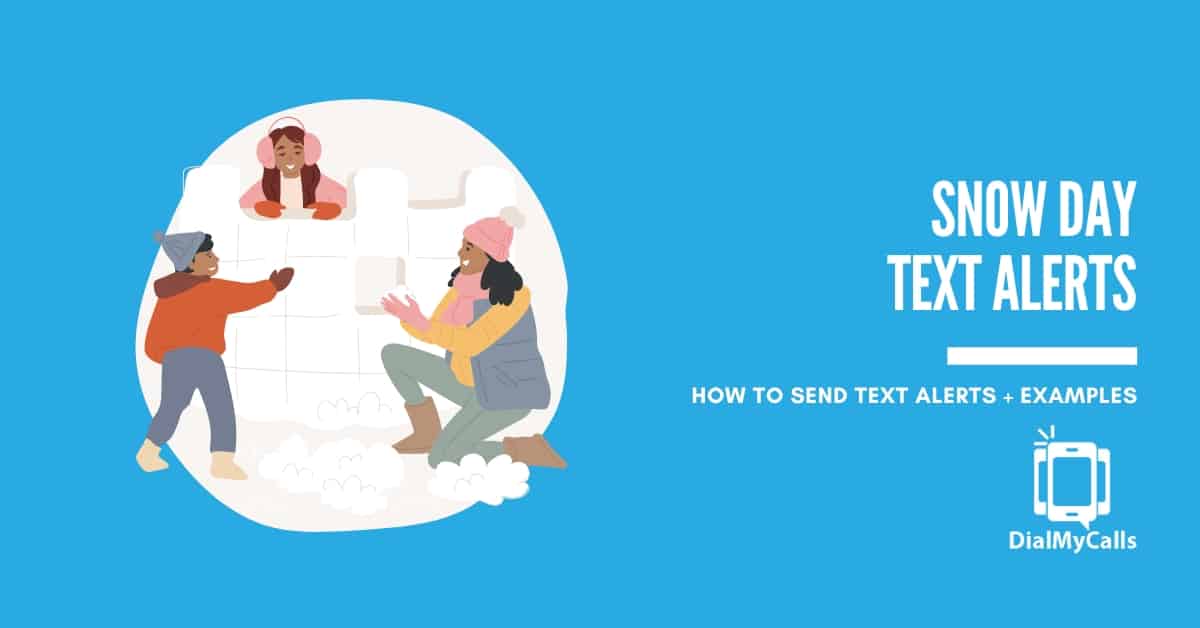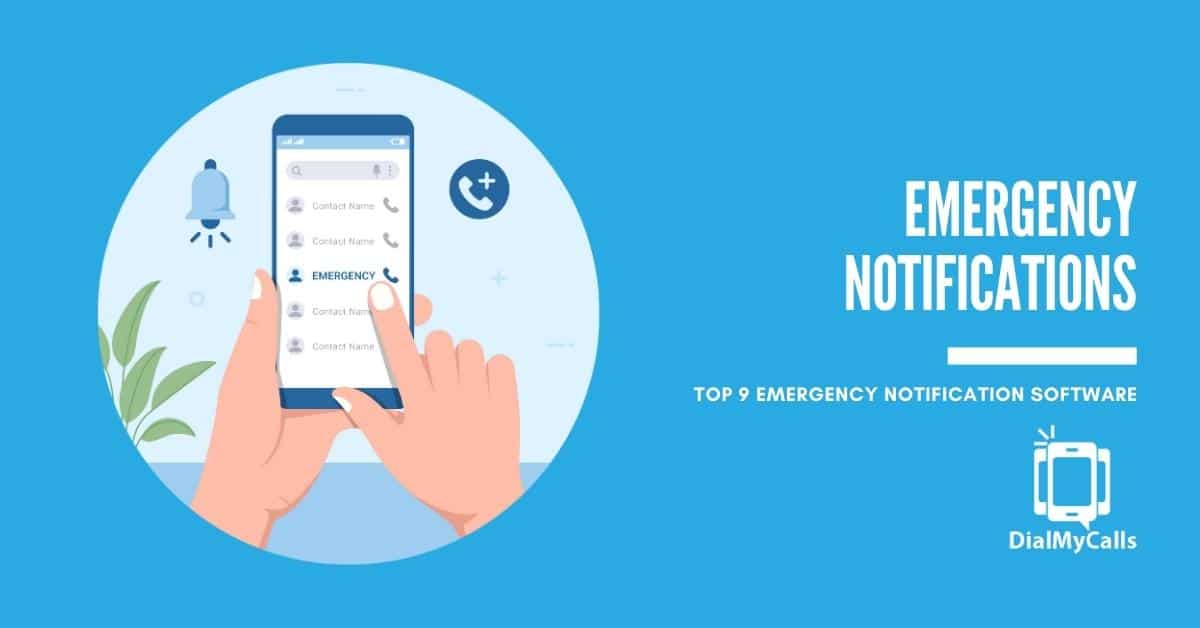Try Using DialMyCalls Right Now
Start For FreeRecent Posts
Categories
“I am a youth minister and have spent hours in the past calling students individually to remind them of an upcoming event or to get out an urgent announcement. With DialMyCalls.com, I cut that time down to about 1 minute. I also love how I can see exactly who answered live and how long they listened so I know if they heard the whole message. DialMyCalls.com is the best website I have stumbled upon all year! Thanks!”
Central Baptist Church
Try Using DialMyCalls Right Now
Start For Free5 Actions To Take Before Hurricane Season Heads to Your Town
Posted by Tim Smith in Emergency Notification on October 9, 2018

Weather watchers may be getting better each year at forecasting a hurricane, but that does not stop these severe storms from doing serious damage. Homes and businesses close to ocean coastlines are still at risk, no matter how far in advance the weather professionals tell you that there is a storm coming. As with most things in life, being prepared for the worst case scenario is always the best option if you are in an area that is threatened by the possibility of hurricanes and tropical storms.
As hurricane season approaches, you can help protect the safety of your citizens and their property with the following tips:
1. Have Clearly Designated Evacuation Routes
Designate your largest and most easily accessible roads as evacuation routes, just in case a large storm is heading your way. Keep the tree line on these streets 5 or 10 feet back to avoid a fallen tree blocking the way out of town. Mark these routes with orange street signs, and hand out pamphlets at schools and town meetings to ensure that all residents are aware of them.
2. Implement an Emergency Notification Service
If your town does not already have one, then right before hurricane season starts is a good time to sign up for an emergency notification system such as DialMyCalls. This type of system will connect you with one department or your entire town in minutes via phone calls or SMS text messages. It can be used to warn your residents of an impending storm, give them direction if you need to evacuate, and even keep in contact directly with your emergency personnel.
3. Conduct Annual Building Inspections
This might seem costly, but the alternative will not only be more expensive, it could mean devastation. Check that homes and buildings are within code for withstanding hurricane strength winds, and that they are equipped with storm shutters on the windows. This will minimize the physical damage to your town’s structures, and help you to quickly recover after a hurricane has blown through.
4. Stockpile Essential Supplies
In the months preceding hurricane season hold various “supply” raising events in your town. Food drives should include canned goods and water, as well as flashlights, batteries, and first aid supplies. Flooding can cause outlying roads to be closed for days, and you want to make sure that there is plenty of food, water and other supplies on hand to see you through. Just remember not to use a basement for storage. An empty upper story room in your local hospital is a good place to store your hurricane supplies.
5. Talk About Hurricanes as Much as You Can
School assemblies, PTA meetings, your local Elks club, and town meetings are good places to hold quick reminder meetings about what to do in a hurricane. Talk about protecting windows, securing outside furniture and what to do in the event of an evacuation. Use your emergency notification system to let residents know about upcoming seminars, and remind them of how important it is to be well prepared ahead of the storm.
The last decade has taught us that an impending hurricane is not something you can take lightly. Avoid the devastation that other areas have suffered by having your own coastal town brace for the worst, long before the weather forecaster sees that small circle forming off in the distance.


